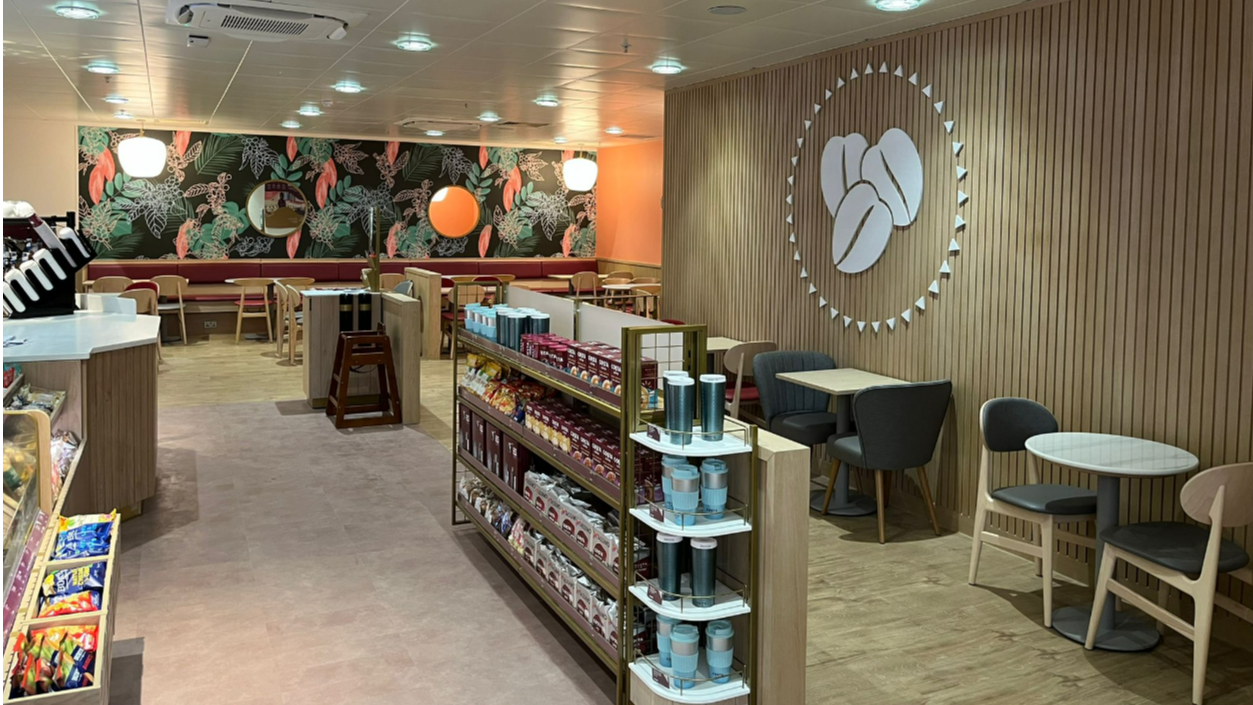Lidl has set new climate targets across its own operation and supply chain at an international level to achieve net-zero by 2050.
The retailer said that by 2030 it will reduce its absolute Scope 1 and 2 emissions by 70 per cent from a 2019 baseline.
Across all markets in which it operates, Lidl said it has already recorded a 52 per cent reduction in Scope 1 and Scope 2 greenhouse gas emissions compared to 2019.
Additionally, Lidl has set a target for Scope 3 which covers its value chain and products sold in store, where it says over 90 per cent of the company's total emissions occur. By 2034, Lidl will reduce its absolute Scope 3 agriculture, forestry, and other land use (FLAG) greenhouse gas emissions by 42.4 per cent from a 2022 baseline year.
Lidl is also committing to reducing 35 per cent of its absolute Scope 3 energy and industry sector (non-FLAG) greenhouse gas emissions by 2034 from a 2022 baseline year.
In order to meet these targets, the discounter said it is installing solar panels on new stores and regional distribution centres in Great Britain. Lidl has also begun transitioning diesel trucks in its delivery fleet to biogas-powered vehicles.
Lidl said it will continue to work collaboratively with its suppliers and claims it is making progress on its previous commitment for its strategic suppliers responsible for 75 per cent of product-related Scope 3 emissions to have climate targets in line with the Science Based Targets Initiative (SBTi) by 2026.
The company has also partnered with Manufacture 2030, a supplier engagement and carbon reduction platform, and Mondra, a prominent product footprinting and supply chain decarbonisation platform, to reduce greenhouse gas emissions at different stages of the supply chain. Both companies are supporting Lidl’s suppliers in improving Scope 3 data collection, so that they can work with the retailer to reduce emissions.
“Tackling climate change is a huge priority for us at Lidl; our commitment to achieving net-zero through our new quantified targets demonstrates the scale of our ambition,” said Ryan McDonnell, chief executive officer at Lidl GB. “We know that collaboration will be central to our aims - from engaging customers on our progress to working closely with suppliers to develop products more sustainably.”
Latest News
-
Tesco makes ‘significant strides’ on safety through body worn cameras
-
Flying Tiger Copenhagen appoints new group chief executive
-
Walgreens cuts over 600 jobs after buyout
-
Mango opens first store in Limerick as part of expansion plan
-
eBay and Etsy to buy Depop for $1.2bn
-
REWE opens automated fresh food facility to serve Berlin outlets
Beyond Channels: Redefining retail with Unified Commerce
This Retail Systems fireside chat with Nikki Baird, Vice President, Strategy & Product at Aptos will explore how unified commerce strategies enable retailers to tear down these barriers and unlock new levels of operational agility and customer satisfaction.
The future of self-checkout: Building a system that works for consumers and retailers
In this webinar, industry leaders discussed what the future of self-checkout looks like and how retailers can make the technology work for everyone.
© 2024 Perspective Publishing Privacy & Cookies


.jpg)
.png)





Recent Stories